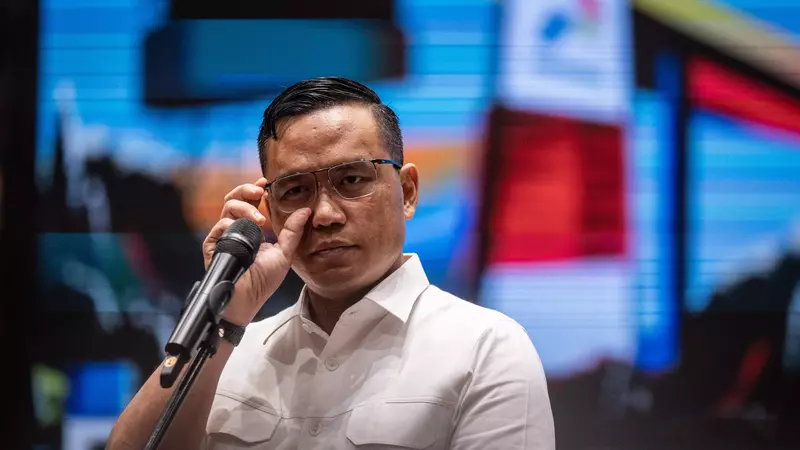In early 2025, Indonesia was rocked by revelations of one of the largest corruption scandals in its history, this time implicating Pertamina, the country’s state-owned oil and gas giant. What initially appeared to be routine investigations into fuel pricing and procurement quickly unraveled into a vast web of fraud, mismanagement, and political complicity. With state losses estimated at over Rp193.7 trillion (approximately USD 12.5 billion), this is not just a national scandal, it has significant regional and global implications.
At the heart of the case is a pattern of financial manipulation spanning years. Prosecutors from the Attorney General’s Office found that Pertamina had engaged in deliberately inflating the price of imported crude oil, bypassing local producers in favour of offshore suppliers who charged far more than market value. This was not a matter of supply necessity but of kickbacks and insider deals. As reported by multiple Indonesian and international news sources, the company’s shipping subsidiary, Pertamina International Shipping, was also found to have padded transportation costs by as much as 15%, funneling excess payments into private accounts.
Perhaps most alarming for everyday citizens was the fuel adulteration scheme. Investigators allege that subsidised RON 90 Pertalite fuel, meant to serve Indonesia’s lower-income population, was secretly blended with higher-grade RON 92 Pertamax and sold at inflated prices. This not only defrauded consumers but undermined the quality and integrity of Indonesia’s fuel system.
While shocking, this is not just a domestic issue. Pertamina plays a major role in Southeast Asia’s energy ecosystem, and any disruption to its operations reverberates through global oil supply chains. Manipulated pricing, skewed import patterns, and reputational damage to Indonesian regulatory institutions all contribute to instability in regional energy markets. In short, corruption at Pertamina affects not just Indonesians, but businesses and consumers from Tokyo to Nairobi.
There are also broader investor implications. Foreign investment in Indonesia’s energy sector, already seen as a high-risk domain due to weak enforcement, has taken a hit. Investors value transparency and predictability, and scandals of this scale reinforce perceptions of regulatory capture and state-owned enterprise mismanagement. The risk is that capital will flee not only Pertamina but other Indonesian ventures, potentially choking off development finance and stalling key infrastructure projects.
Then there’s the environmental cost; Indonesia has made ambitious pledges to decarbonise and invest in cleaner energy technologies. But the Pertamina scandal lays bare the governance challenges that continue to plague this transition. When a state energy firm is hemorrhaging billions through corruption, how can the public trust it to lead a just and sustainable energy shift? Moreover, with billions of dollars lost, that’s money that could have funded solar grids, green transport, and equitable energy access. Equally troubling is the social fallout. In Jakarta and other urban centres, public anger has surged. Citizens who once relied on subsidised fuel are now paying more for lower-quality petrol, and there is growing scepticism toward both state institutions and private conglomerates. While Pertamina’s CEO has issued a public apology and vowed to reform procurement and auditing systems, many Indonesians are demanding criminal prosecutions, not just internal audits.
The Pertamina case is a textbook example of how elite-level corruption hollows out institutions from within. It illustrates the hidden cost of state capture: billions in public wealth redirected, investor confidence shaken, and climate transition goals undermined. It also raises a critical question for international observers, particularly in the global south: if corruption can paralyse a flagship energy company in one of Asia’s most resource-rich nations, what safeguards are truly in place elsewhere? The international community, especially development banks, climate financiers, and trade partners, must take this moment to reflect. Technical assistance and investment into state-owned enterprises must be paired with strict governance conditionalities. Anti-corruption should no longer be treated as a governance issue alone, but as a climate, economic, and geopolitical priority.
Kanchelli Iddrisu

